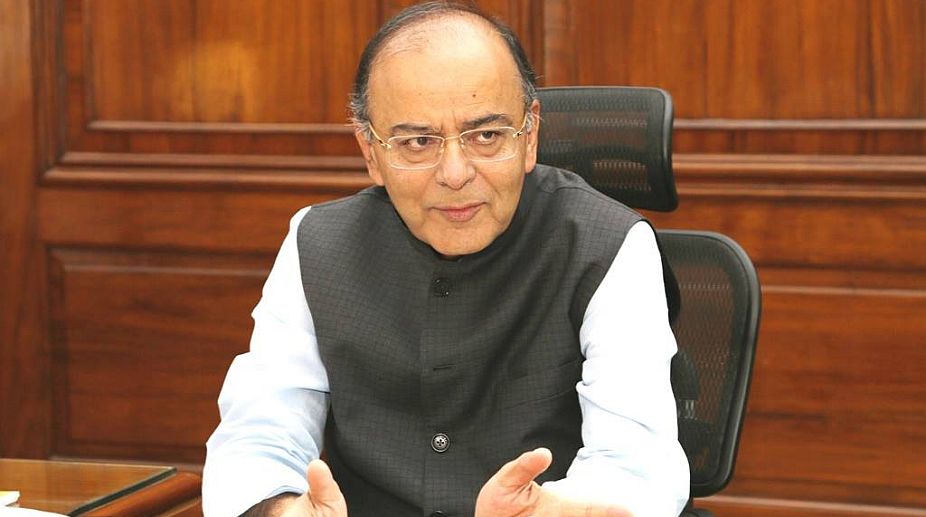MoS Finance bats for including ‘new voters’ in banking sector
Union Minister of State for Finance Bhagwat Karad on Monday urged the need to incorporate 'new voters' into the banking sector by opening their bank accounts.

Finance Minister Arun Jaitley (Photo: Facebook)
Banks may have to take "haircuts" – swallow losses – as one of the measures to resolve the sector's problem of non-performing assets (NPA) and this is a top priority for the government, Indian Finance Minister Arun Jaitley said here Monday.
Speaking at the Council for Foreign Relations, Jaitley said that after having successfully implemented measures for growth, NPAs in the banking sector was "one big challenge" that was adversely impacting investments in India. "This is a hurdle which we are now required to jump."
To resolve the problem, he said "some precipitative action may be taken and this may involve some haircuts by the banks, which could be (on the basis of) bonafide commercial consideration".
Advertisement
There were several measures in the pipeline to resolve the NPA problem, he said.
"Essentially, it would mean that the defaulting companies will have to find partners, they will have to go for change of management, they will have to get investors," he said.
Overall, he said the issue was confined to 20 to 30 big accounts and "it is not a problem spread over hundreds or thousands of accounts" and given the size of the Indian economy, it is possible to deal with the NPAs.
Jaitley blamed the anti-corruption law from the pre-liberalisation era of the 1980s as one of the factors that hindered a resolution of the NPA problem.
"One of the fundamental flaws in the law has been that erroneous decision-making, which may be taking haircuts to settle gets identified a corruption," he said. And this has made the banking bureaucracy defensive in tackling the NPA.
He said that a parliamentary committee has approved changes to the law so that bureaucrats "can make decisions on commercial considerations than be constrained as to future consequences of the action itself."
He said he hoped Parliament would take up the reforms in the next session.
Advertisement